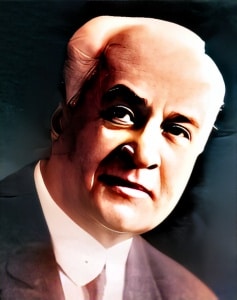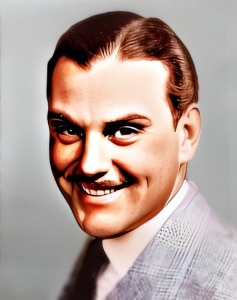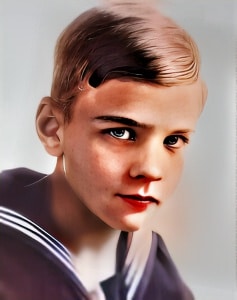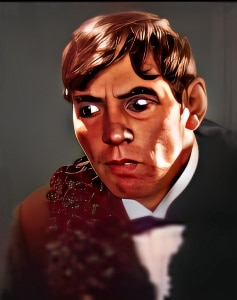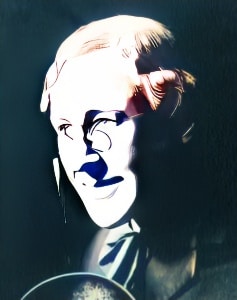 Warren Cook, born on May 22, 1878, in the historic city of Boston, Massachusetts, played a significant role in the early years of American cinema.
Warren Cook, born on May 22, 1878, in the historic city of Boston, Massachusetts, played a significant role in the early years of American cinema.
His journey into the world of entertainment coincided with the film industry’s nascent stages, a time when silent films reigned as the primary medium for storytelling.
In the late 19th century and early 20th century, silent films relied on visual storytelling, requiring actors to convey emotions and narratives through facial expressions and physical movements. Warren Cook’s remarkable adaptability to this medium and his innate talent for captivating audiences through his performances soon became indicative of his remarkable acting prowess.
One of the standout achievements in Warren Cook’s career was his notable role in “ The Flapper” (1920), a film that encapsulated the spirit of the Roaring Twenties. Directed by Alan Crosland, this film portrayed the emergence of a more liberated and independent generation, breaking away from traditional societal norms. Cook’s role in “ The Flapper” was pivotal, as he skillfully captured the essence of the era, becoming a symbol of the rebellious and adventurous spirit that characterized the time.
Beyond his role in “ The Flapper,” Cook’s versatility as an actor shone through in various silent films. He effortlessly transitioned from dramas to comedies, demonstrating his ability to engage with a wide array of characters and narratives. His filmography served as a testament to his capability to tackle diverse roles and establish himself as a dependable and adaptable actor during the early years of the film industry.
The transition to sound films marked a significant turning point in the film industry, posing a challenge to many silent film actors. While Warren Cook’s primary body of work occurred during the silent film era, his extensive experience and adaptability enabled him to navigate the evolving landscape of the film industry.
Warren Cook’s impact on early American cinema extended beyond the roles he portrayed on the silver screen. His performances added depth and emotion to the characters he embodied, leaving a lasting impression on audiences and contributing to the cinematic art of the time.
On May 2, 1939, Warren Cook passed away, marking the end of a remarkable career in the film industry. He left behind a legacy rooted in the early years of American cinema, with “ The Flapper” standing out as a testament to his ability to capture the zeitgeist of the Roaring Twenties. Though his name may not be as widely recognized today as some of his contemporaries, Warren Cook’s contributions to the silent film era remain a vital part of the rich history of early Hollywood.
Born in the vibrant city of Boston, Massachusetts, Warren Cook’s journey from the bustling streets of the city to the silent film sets of early Hollywood highlights the dynamic and ever-evolving nature of the film industry. His talent and dedication as an actor solidify his place in the annals of American cinema, ensuring that his name and work continue to be remembered and celebrated.
Loading live eBay listings...

